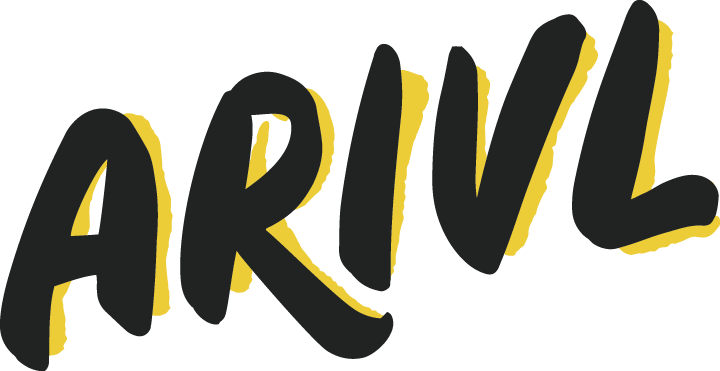Condo fees are billed to co-owners on a monthly basis and cover necessary expenses for the maintenance of common areas of the building (i.e window washing, pool and lawn maintenance, snow removal, painting the stairways, small repairs, etc.), professional management fees (if applicable), utilities (if applicable Heat, water and/or Power), reserve fund contributions and towards any recurring expenses budgeted.
These fees can go towards renovations that may need to be done such as replacement of the roof, paving of the parking lot and/or heating/cooling system. Condo corporation generally establishes a reserve fund (rainy day savings account) in which a portion of the condo fees are deposited to save up for these repairs.
Paying condo fees aren’t optional…. it is the written law as part of the Condominium Property Act in Alberta. Owners must contribute their share of expenses to help ensure the building is properly maintained. If a co-owner is in payment default, he or she could be sued and condo corporation could even be granted the right to sell a condo to recover debt if its owner is in default.
Unit Factors is determined based on the Titled space that the owner is responsible for. Every condominium complex whether it is 4 units 4-plex or 188 unit building... starts with 10,000 unit factors or "shares". Based on the space you own compare to the entire complex, you are assigned a number out of the 10,000 and it reflects your responsibility or ownership of the corporation. Condo fees requirements uses this equation to determine what amount the owner is responsible for. Same goes for any special assessments that the condo corporation deems necessary.
Condominium corporations are required to establish and maintain a reserve fund to cover the costs of major repairs to or replacement of the corporation’s real, personal and common property.
Bare land condo corporations are responsible for covering the costs of major repairs to or replacement of any property that is required by the bylaws (also known as managed property).
To determine how much money a condominium corporation should have in its reserve fund, a reserve fund study report and plan must be completed by the corporation every five years. Within this plan, a recommended savings strategy is laid out with options for the board to pick and choose as they see appropriate.
Reserve funds must be held in separate accounts, and cannot be mixed with the corporation’s operating funds. Money from a corporation’s reserve fund also cannot be mixed with any other corporation’s reserve fund or with any other money.
It is important for both unit purchasers and unit owners to understand the importance of the reserve fund and what to look for in the reserve fund study, reserve fund report, and reserve fund plan.

